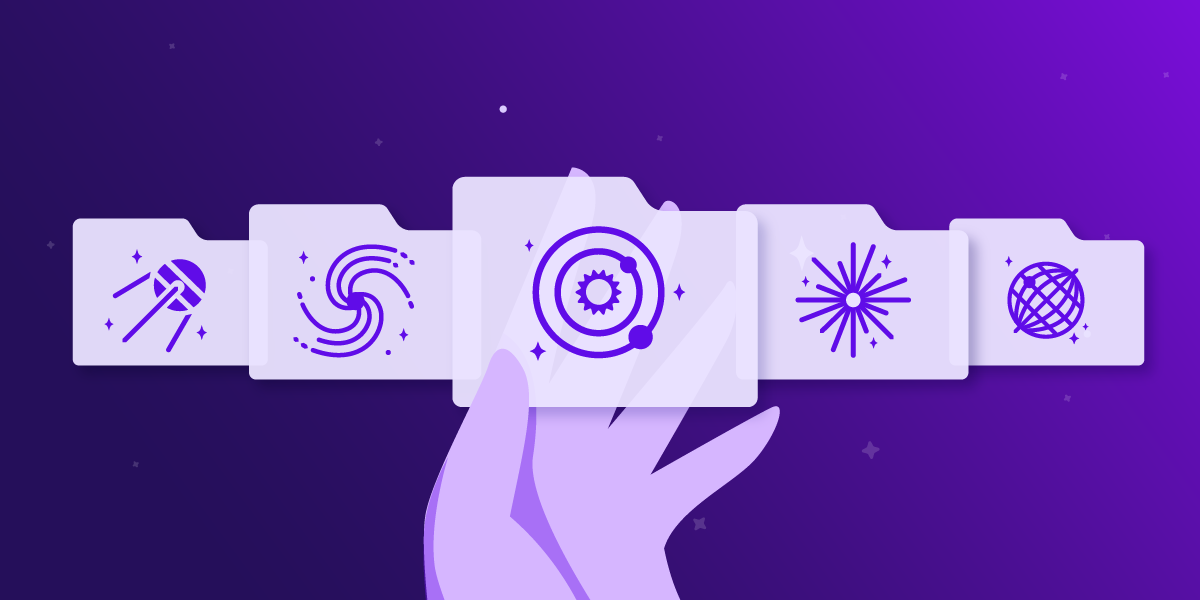In a bid to maintain my outrageous lifestyle well into the future, I recently set up a budgeting app and subscribed to some accounting software.
I knew an uncomfortable amount of money was flowing to the local pub, but I wanted to know exactly how much, so I began connecting my existing bank accounts.
And I have way more accounts with quite a few separate banks than I thought!
In fact, there are around 55 million Australian bank accounts.
(APRA reports this figure every quarter.)
For a country of a bit over 25 million people, I guess I’m not the only one with a few different accounts.
And it doesn’t stop there - in addition to regular cash accounts, I also have a few shares with different brokers and fintech startups and a superannuation balance.
The problem was, some of my bank stuff couldn’t connect to the software; some banks would share my transaction history and activity and some wouldn’t. As such, I couldn’t see my whole financial picture.
Introducing Open Banking, a piece of Australian legislation in the works designed to solve this problem! (Among other things!)
Open Banking, part of a proposed Consumer Data Right, means you can access your own bank data at any time and you can authorise other businesses (like fintech companies) to do stuff with it; build you neat new things or even just to crunch the numbers and show it to you in different ways.
It stems from the idea that customers own their own data, not banks, and should be free to share it with external parties as they see fit.
Because this is being written into legislation, the big major banks are developing APIs allowing external businesses to connect, read and compare data, yet ensure security measures are in place so that data can’t be misused.
Open banking will officially start in Australia from 1 July 2019, with a phased approach beginning with some of the more transactional products of the major banks.
In Australia open banking will apply to:
● Transactions and savings;
● Credit cards;
● Personal loans;
● Mortgages;
● Business loans; and
● Other things (like telecommunications and energy businesses etc as part of the broader Consumer Data Right).
Cool things you and new businesses will be able to do:
● Bring across old transaction history from another bank when you open a new account;
● Use intermediary platforms - like budgeting tools - with greater accuracy;
● Newer products will be tailored to your needs;
● Rivals can offer more competitive deals and prices; and
● It will be much easier to switch banks!
Open Banking might seem a bit farfetched from your daily banking life. (Which, let’s face it, is nice because who wants to think about banking all day).
But it’s a fabulous way of unbundling and breaking out existing financial institutions, allowing new entrants to innovate and create new, modern products and help us manage our money better.
So let's get innovating!



